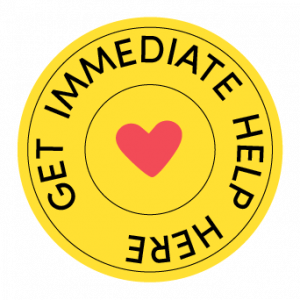

Self-Care For Students & Educators
Self-care is quickly becoming an important part of our culture. Self-care means doing things that improve quality of life by taking the time to work on physical and mental health. With regard to mental health, self-care is about doing the things that recharge, rejuvenate, and re-energize. Practicing self-care can help educators be better equipped to assist students; while for students, it can help them be better equipped to maintain a positive outlook on school and life.
Burnout is mental and emotional exhaustion, which can also show up as physical exhaustion. It’s caused by repeated or extended stress usually associated with work-related experiences. Practicing self-care can help prevent burnout, but it’s also important for educational institutions to take steps to help educators and students avoid burnout. Some self-care practices that can help include regular exercise, addressing any sleep issues or making sleep a priority, talking with a mental health professional, and taking time off when needed.
There are many ways to practice self-care. It’s all about finding what helps the individual feel better both physically and mentally for the long term. Here are some simple ideas and exercises you can try for yourself or suggest to students when discussing self-care.
Being mindful of the situations and moments that are known to be more stressful for students is essential to being supportive during these times. These are events like:
- Exams
- Project due dates.
- Papers.
- Thesis defenses.
Being supportive means being proactive and helping students mitigate their stress so they can be more successful. Some things an educator can do to help students deal with known stressors include:
- Consider flexible deadlines to empower students.
- Giving time between deadlines
- Understanding that students have multiple classes
- If a student is struggling, consider giving them an incomplete (if allowed by the college) and helping them find a topic or assignment they find more manageable.